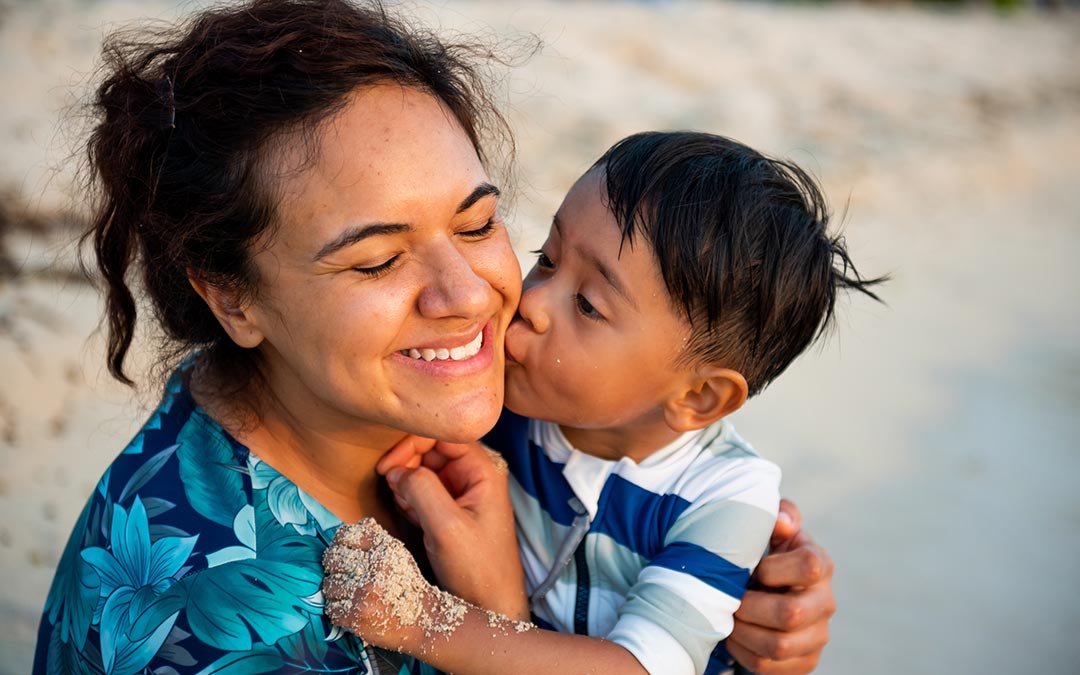By Bette J. Freedson, LCSW, LICSW
Wouldn’t it be simple if you could just say to your kids, “Now look you guys, be empathetic!” The blank looks you would get would be enough to let you know that a different starting point might be more effective. How you go about teaching empathy depends on the age of the child and your own personal parenting style.
The world of little ones revolves around them. Older kids may have some working knowledge of what it means to have empathy. However, if you tailor the following ideas to age and understanding, you will be able to give your children some basic skills for understanding and employing empathy.
One of the first concepts to teach is that everyone’s mind is their personal territory and we cannot read someone’s mind. What you are thinking might not be what the other person is thinking. But you can imagine what it might be like to be experiencing what someone else is experiencing. In addition it can be helpful to differentiate sympathy from empathy. Simply, empathy is feeling “with” and sympathy is feeling “for” someone. While the terms are often used interchangeably, empathy involves the idea of being able to mentally experience what the other person is actually experiencing.
Read, play, and discuss real life situations
Depending on age, experiencing situations indirectly or directly and debriefing are the best ways to teach a concept that has to do with an internal experience. With the little ones, you can use stories from books or ones you make up. After the story discuss along lines of “how do you think the little bunny might have been feeling when…?”
You can play out scenarios with younger and latency age kids. Discussion embedded into play, and afterward too, can be effective. When tweens and young teens “get into a fight” you can debrief more fully, using a no-shame/no-blame approach. “How did that situation make you feel? How do you think (the other person) might have felt? How might you feel in that situation?”
With older teens you can name the state of “empathy.” You can do that also with littler ones too, but sometimes they understand the idea more effectively as “The Golden Rule: Do unto others as you would like them to do unto you.” Children are almost always able to grasp how they would want to be treated in a given situation.
Model with your own behavior
Children are listening and paying attention. They will take in your words and mimic your behavior. Make a point of letting them overhear empathetic conversations. Even invite older ones in. Your behavior and your way of dealing with others is your best parenting tool for teaching what you want children to learn.





